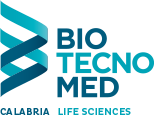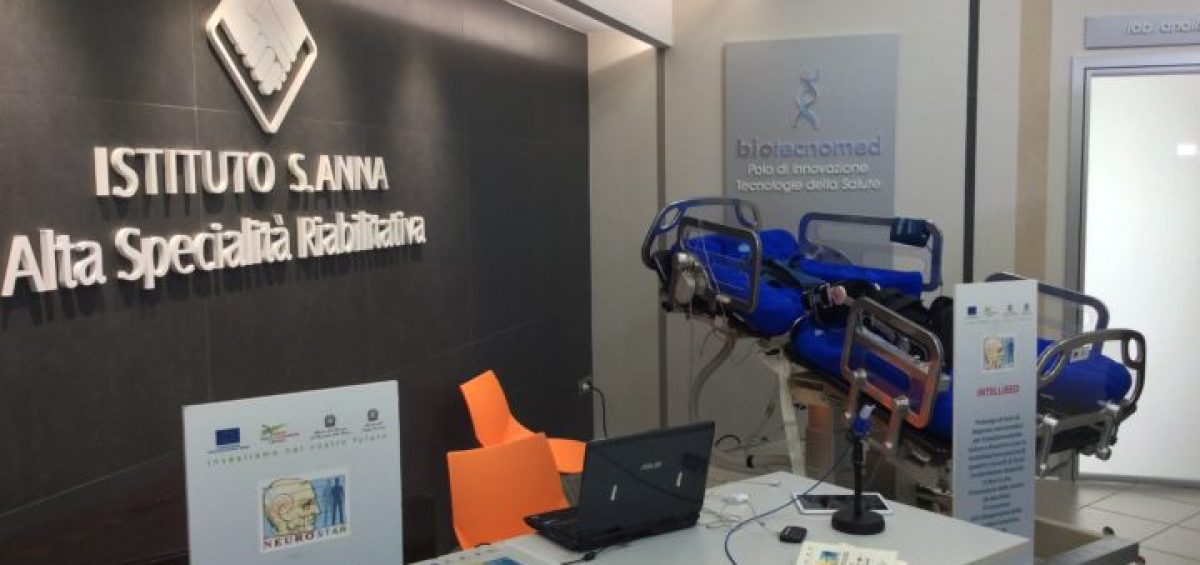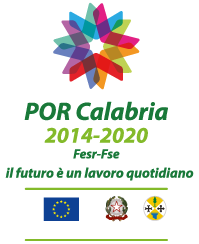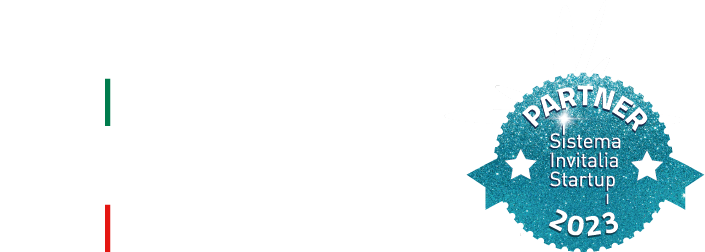The results of NeuroStar were submitted in Crotone at the Sant’Anna Institute, The project included the optimisation of new technologies and systems supporting diagnosis, prognosis and recovery from illnesses such as Parkinson’s, Alzheimer’s and Multiple Sclerosis, but also from severe brain injury.
NeuroStar was sponsored by St. Anna di Ezio Pugliese srl, in collaboration with the National Research Council, Department of Medicine, the Consortium Cetma, Dedalus S.p.a, Infobyte@ S.r.l., Pegasoft S.r.l., the Universities of Calabria, the University of Salerno and the Magna Graecia University Catanzaro.
Among the speakers present at the conference was Aldo Quattrone, Rector of the Magna Grecia University of Catanzaro, Luigi Gallo of the General Directorate of the Ministry of Education, Giuliano Dolce, Scientific Director of Sant’Anna S.r.l. and Paul Praticò, Director General National Planning and Community Department of the Calabria region.
During the conference we were presented with prototypes of technological devices developed under the auspices of the project which aim to optimise diagnostic and therapeutic procedures in both inpatient facilities and at the patient’s home.
These devices represent a significant advance over the current state of the art in the clinical field of reference.
The most impressive results related to Intellibed, a hospital mechatronic bed for static and dynamic positioning of patients and passive mobilisation of the limbs. There was also an evolution of the robot Aramis (4MO) for upper limb rehabilitation, represented by a double exoskeleton. Copernicus was another prototype for reestablishing locomotion, through which they can shorten the rehab times for walking again. The idea is to keep the patient at the center of recovery and therefore devices were created at low cost which have the advantage of being able to be used at home.
Other devices made were:
– Core@Home, Salvage System / neuro-rehabilitation at home for patients with stabilised post-stroke and post-traumatic outcomes;
– AssistRoadSR, a wearable system for the rehabilitation of the lower limbs in patients with diseases of the central nervous system in an advanced state of recovery;
– Polyphemus, Salvage System / containment of functional damage and improvement of sensory perception (visual, auditory) in patients with brain damage that involves a sensory channel and / or with disabilities that can be compensated for by an improved sensory input;
– PD-Diagnose Analyzer for objective administration of the olfactory test as part of the early diagnosis of Parkinson’s disease;
– Neuroimage expert system for the early detection of neurodegenerative diseases such as Parkinson’s and Alzheimer’s;
– MotionRehab @ Lab and MotionRehab @ Home for the recovery and rehabilitation of patients with Parkinson’s, in medical laboratory and domestic contexts respectively.





Leave a Comment